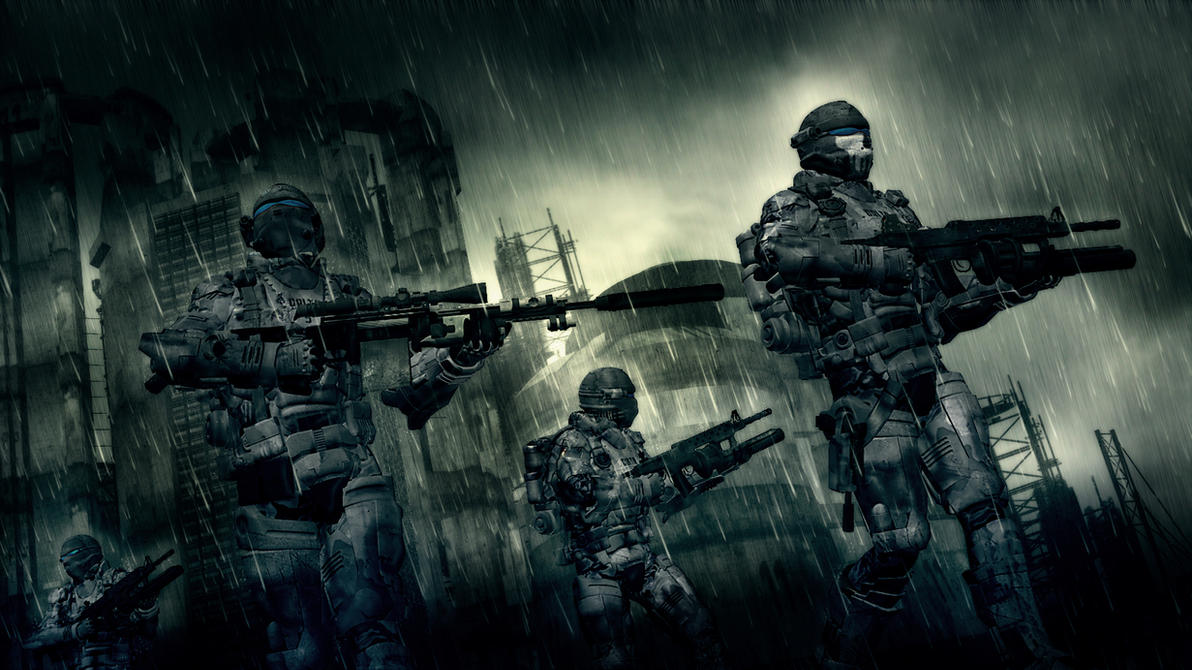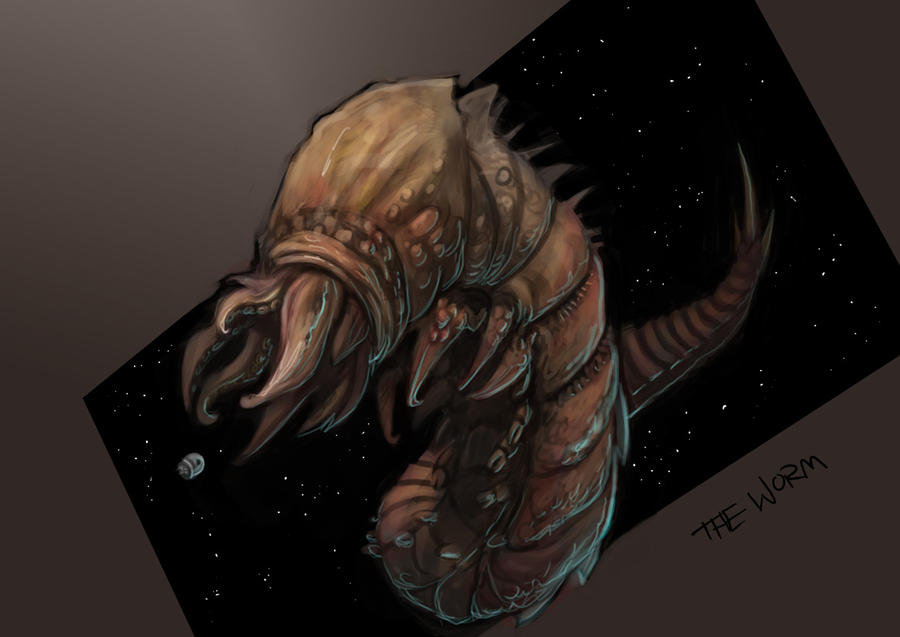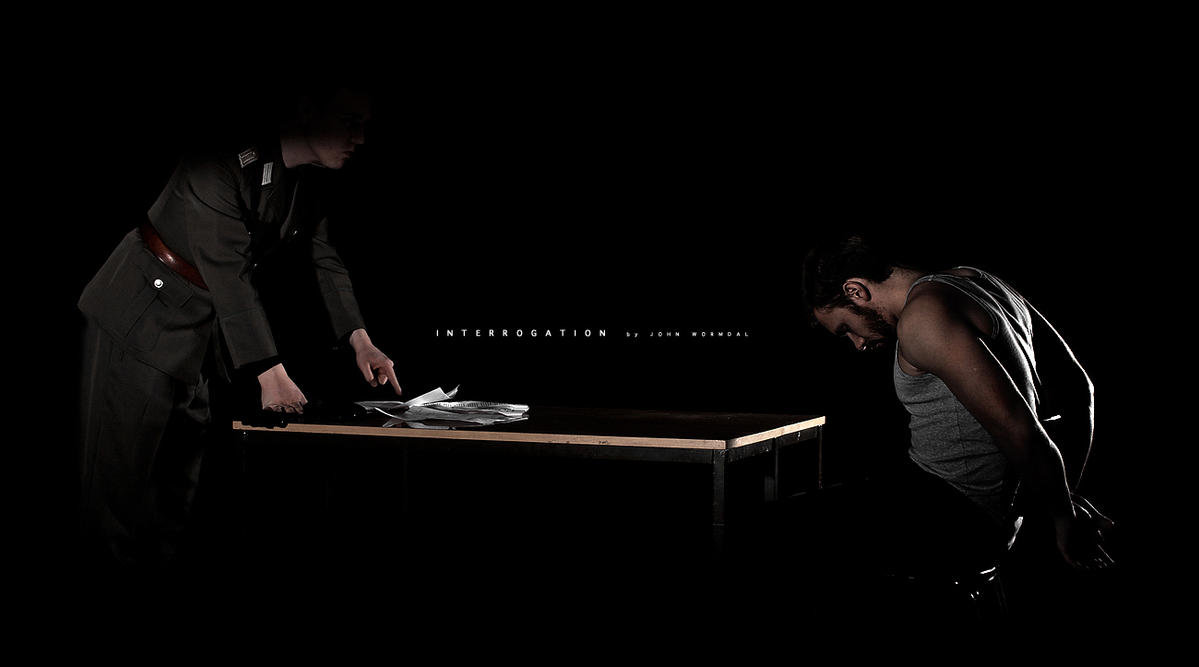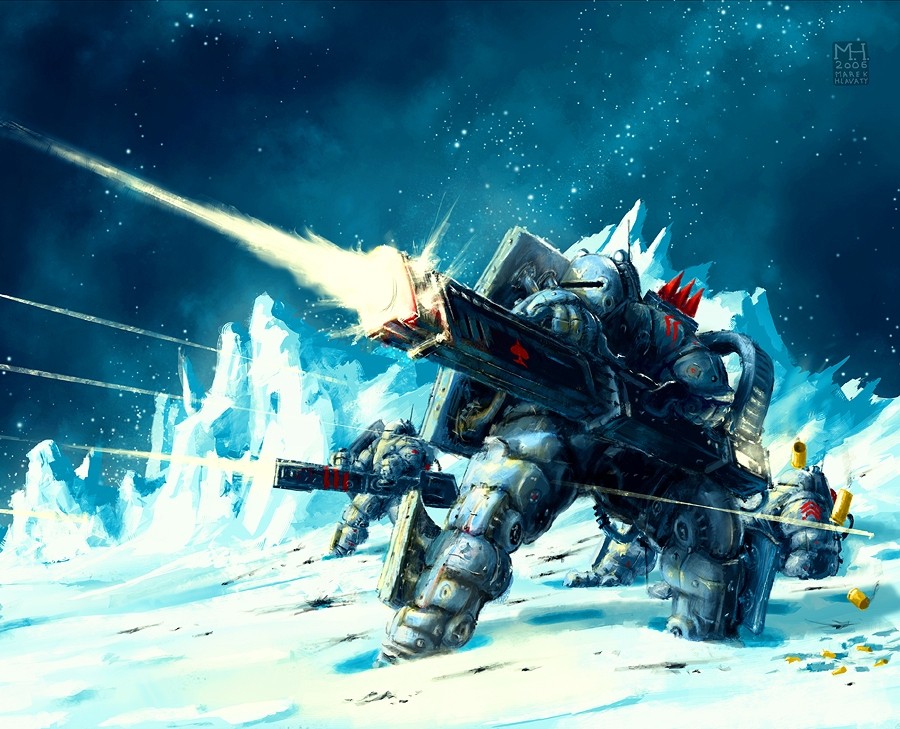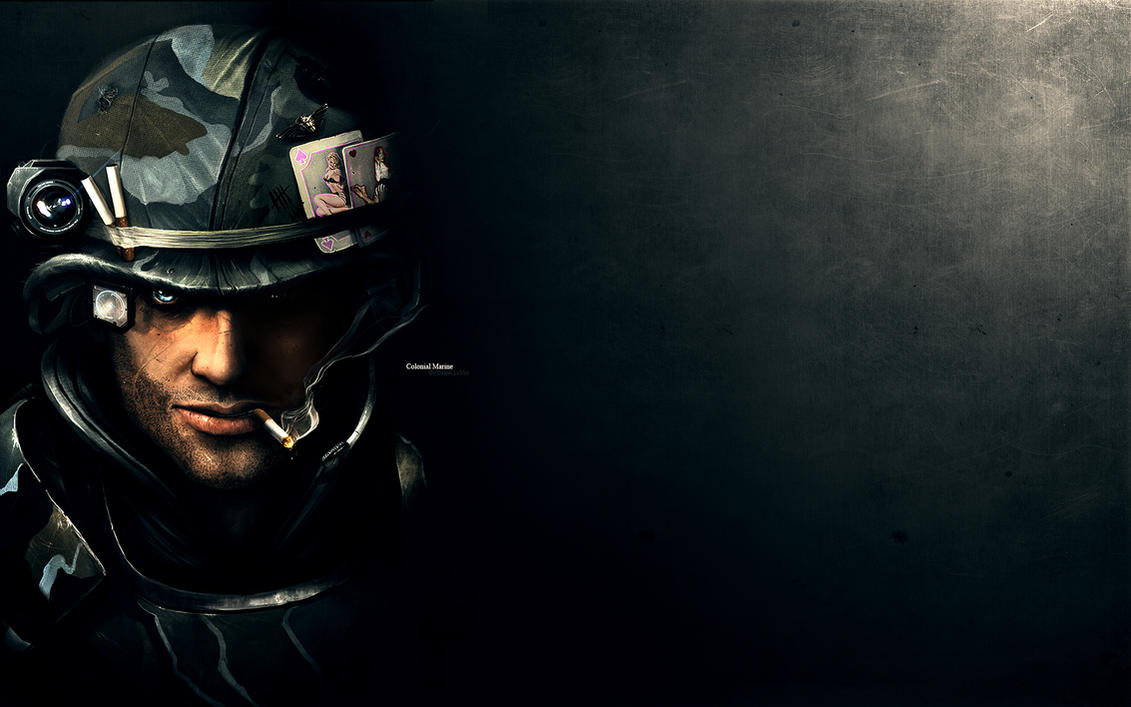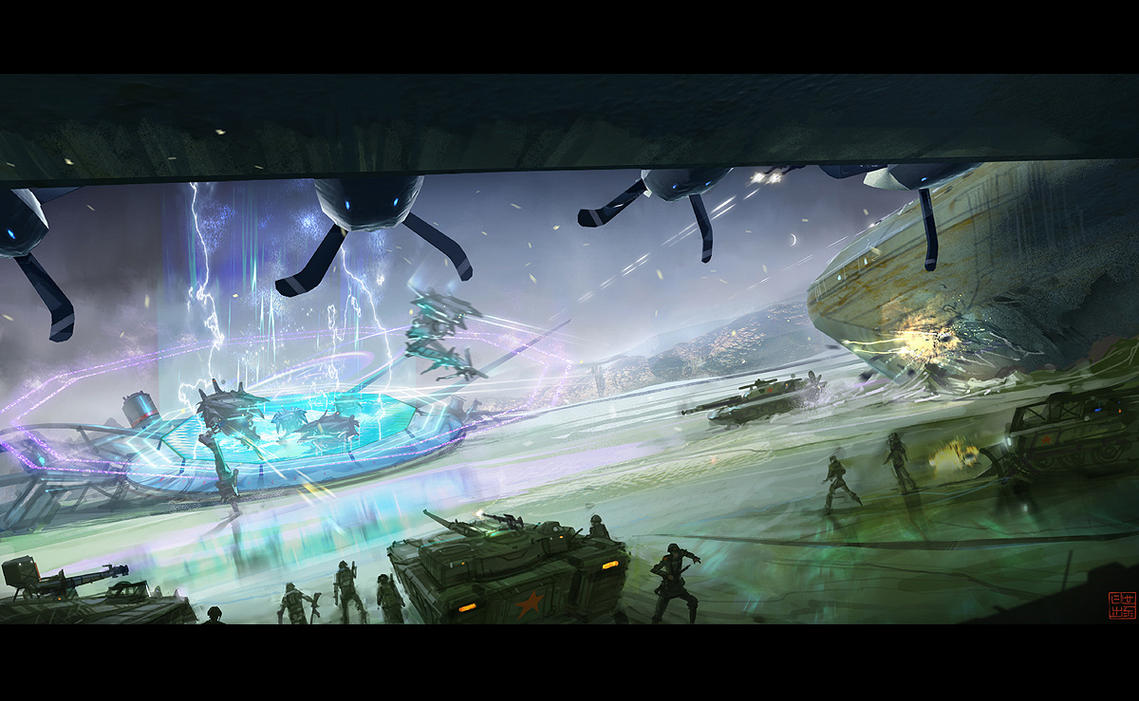It's been a while since the last Alpha Wolf Pack update. Here's a more detailed look at the Ith'k, an enemy the Minions of the Monster Master fought in one of their podcasts.
The Ith'k
The Ith’k
are a large group of alien constructs based in Alpha Centauri system. They
appear mainly on the planet of Persephone, but also appear on Argus and
Orpheus. It is debated whether or not the Ith’k are an actual species of alien,
since it is unknown whether they are alive or not. As far as observers can
tell, the Ith’k are following some form of complex program or protocol left
over by their creators who are long since dead.
The Ith’k
typically gather around large, complex structures which are colloquially known
as temples. These large complexes are only named temples because there
currently exists no other designation for them - the precise purpose of these
ancient buildings is still unknown.
The I in You:
Each Ith’k
temple is thought to exist in multiple dimensions beyond our normally perceived
four. For that reason, each temple has features which seem to stutter in and
out of existence. For example, an Ith’k temple might have doors which flicker
in and out of existence. It might have barbed rooftops that bear angles that
are impossible to count - the number of angles counted by those observing them
continually changes.
It is not
known how one rouses an Ith’k from its sleep state. There are known expeditions
which have go so far as to break pieces of the Ith’k off or even destroy them,
producing no reaction. However, there have been known expeditions that have
awoken the Ith’k by simply getting near them or even just by observing them
from afar. There appears to be no consistency as to what will awaken an Ith’k
or not. One thing is certain, however. Ith’k who have been awoken by humans
tend to go into an aggressive state.
Their
primary form of attack spawns from the nanites that comprise their bodies.
These nanites can swarm from Ith’k bodies and electrify victims they contact.
These swarms appear to be long, undulating columns of grey mist that spark with
energy. The Ith’k can also somehow drain energy from human technology. Power
suits, weapons, vehicles - anything that is powered by humans can be shut down
if the Ith’k choose to drain power from it.
The most
dreaded ability of the Ith’k, however, is their so-called drinking ability.
When they come into contact with human beings, they start to take on the
appearance and personality traits of those they contact. They may start
repeating phrases that a particular person says often. Their faces make take on
similar appearances to those they contact.
As Ith’k
make more and more contact with humans, their apparent autonomy and
intelligence grows. There are reports of Ith’k who, after drinking several
humans, were able to converse with their victims briefly before killing them,
though it is not know what precisely was talked about.
Incidents abilities:
The Director is able to invoke Incident abilities by spending Incidents. The Director gains Incidents each scene that players have Crucibles and do not invoke them.
Something Surrendered:
You can
feel insects crawling all over you. You feel as if things are crawling
underneath your skin. Tiny bugs are skittering inside of your skull. You have a
choice:
1)
The
Ith’k have gotten inside of your mind and are trying to read all of your
thoughts and memories. Take on a Crucible as they turn your own thoughts
against you.
2)
The
Ith’k have gotten into your skull, but you push them out. Instead, the minds of
the soldiers under your command have been compromised. The Ith’k get to
automatically succeed on one roll against them.
3)
You and one of the Ith’k are now locked
in a mind link. Twice in this mission, you may Invoke a Virtue to know
generally what the Ith’k are doing, but each time you do this, the Director
gets another Incident, because the Ith’k get access to your mind as well.
The I in You:
Your personality is becoming intertwined with that of an nearby Ith'k. Choose:
1) You and the Ith'k share your language. For the next scene, you cannot speak except in an alien tongue, but while this is happening, you can understand any Ith'k writings.
2) As you both share senses, you can see through the eyes of the Ith'k, but all Ith'k are aware of your location. You and anyone with you are considered to be in plain sight.
3) You begin to lose yourself in the dreams of the Ith'k. You begin to hallucinate wildly of an ancient time. You gain the knowledge of a piece of Ith'k lore. However, the Ith'k nearby increase their intelligence by three factors, since they now understand your technology.









